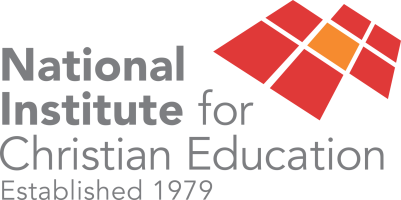EDU517 Assessment for Deeper Learning
“Deeper Learning” has become a common phrase in education over the last decade. Essentially, the term highlights the goal of meaningful and transferable learning that goes far beyond “teaching f...
EDU525 Learning Theories and Formational Practice
Beginning with the early ideas of Plato, emerging understandings of learning and the development of knowledge are explored: from the observations and techniques of behaviourism to constructivist and c...
EDU527 Cross-Cultural Perspectives and Education
The aim of this course is to assist teachers and educational leaders to reflect on their worldview assumptions and then consider the implications of education in cross-cultural contexts. This is to be...
EDU546 Equity and Inclusion: Educating Students with Disability
Students will critically investigate the notion of diversity and inclusion in educational contexts, exploring the moral, legal, and professional imperatives for equity. This subject focuses on learni...
EDU551 Perspectives on Teaching Mathematics
Subject Outline Mathematics and the Christian school. What does it look like? What can it look like? And what does it look like to teach Mathematics from a Christian perspective? In this subject, st...
EDU555 Digital Technology and Education
Education has remained largely unchanged throughout the history of modern schooling. Education may be on the brink of a large-scale paradigm change as a result of the substantial shaping effect of ...
EDU561 Leading Quality Teaching and Learning
This subject provides participants with an understanding of the significant role of leaders in shaping quality teaching. Participants will critique preconceived notions of professional development pro...
EDU565 Mentoring, Coaching, and Supervising in Educational Contexts
As well as helping to transform the lives of their students, great Christian educators positively impact the lives of pre-service teachers, beginning teachers, and other colleagues. With a focus on in...
EDU567 Adults and Professional Learning
This subject investigates and applies theories associated with andragogy and its implications for adult learning. Knowles’ andragogical model will be reviewed and compared with a range of alternativ...
EDU572 Community Partnerships in Education
The importance of the various stakeholders in educational communities has been highlighted in recent research. Parents can be conceptualised as partners in their children's education, and school-commu...
EDU574 The Social and Historical Context of Christian Schooling
This subject is designed as an investigation into the history and philosophy that underpins Christian education. If we do not spend time investigating the reason for Christian schooling, and to learn...
EDU576 Reforming Leadership: Overseeing Change and Continuity
Leaders have the dual responsibility to maintain the foundational vision of a school while overseeing mandated and desired change. The term ‘reforming leadership’ has been used because it has conn...
EDU579 Critical Evaluation of Professional Learning
This subject offers students opportunities to appraise professional learning events through the lens of a biblical worldview in order to enhance educational theory and practice particularly within Chr...
EDU595 Research Methods in Education
Research Methods in Education explores the foundation of research methods in an education setting. Positioning research in terms of our participation in God’s purposes through systematically searchi...
